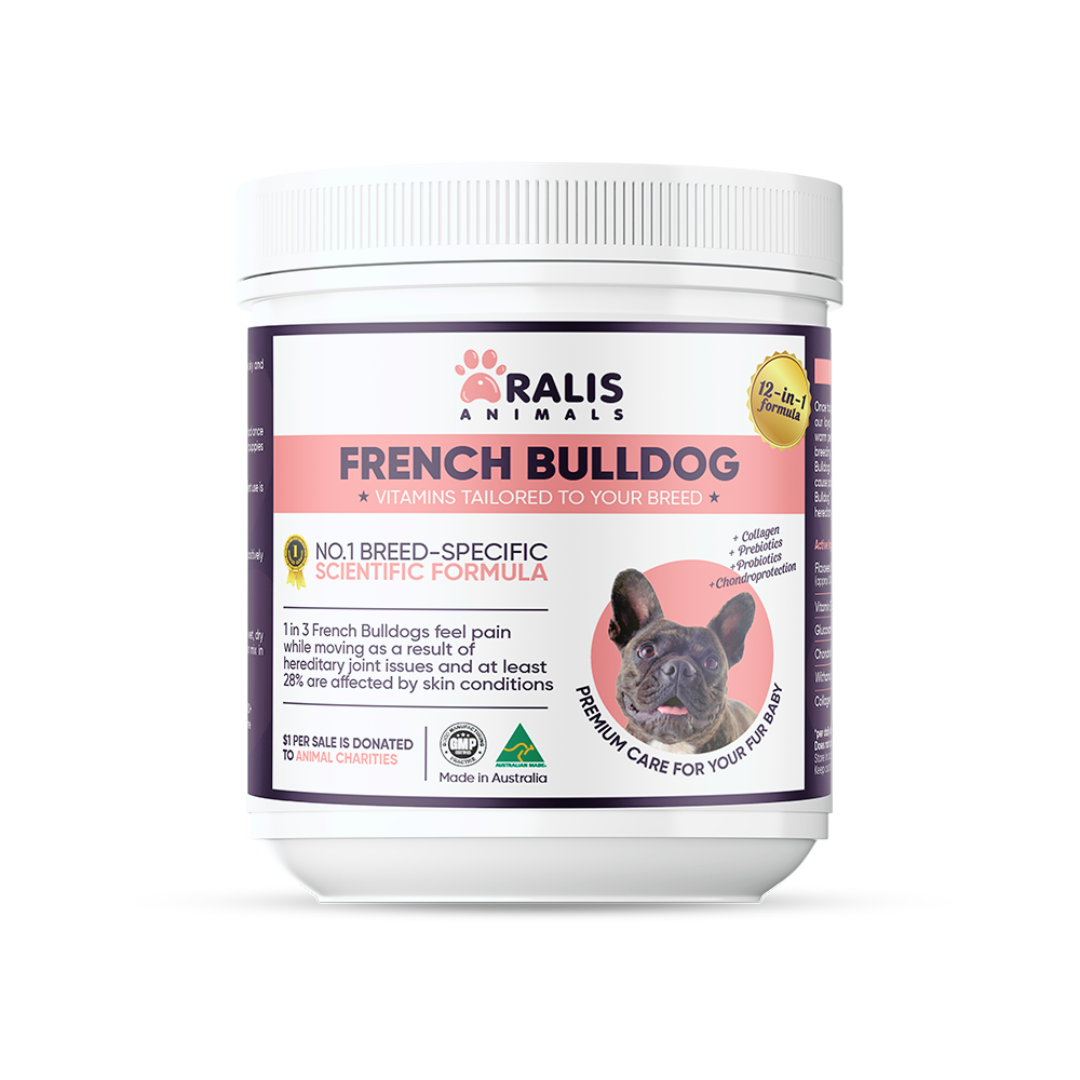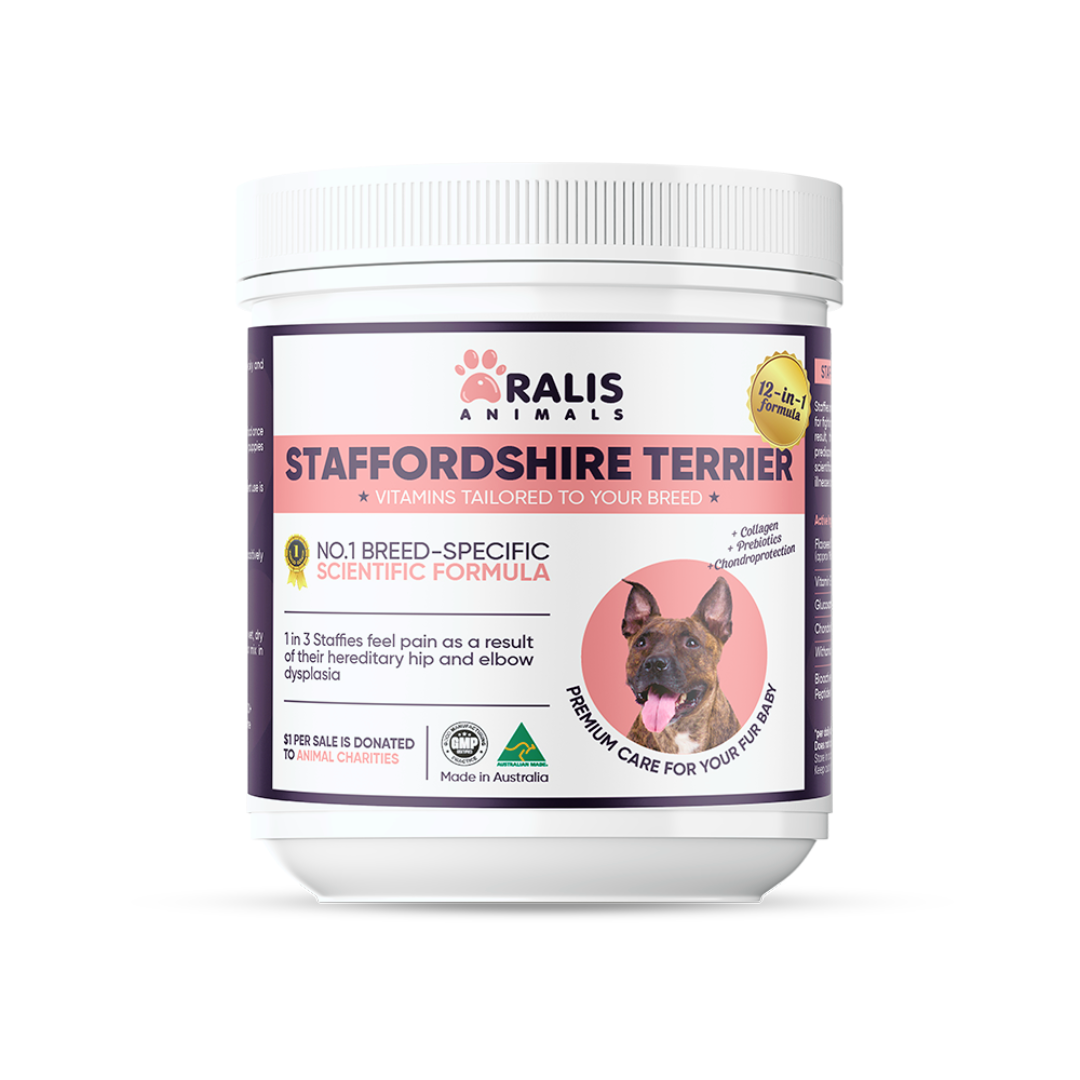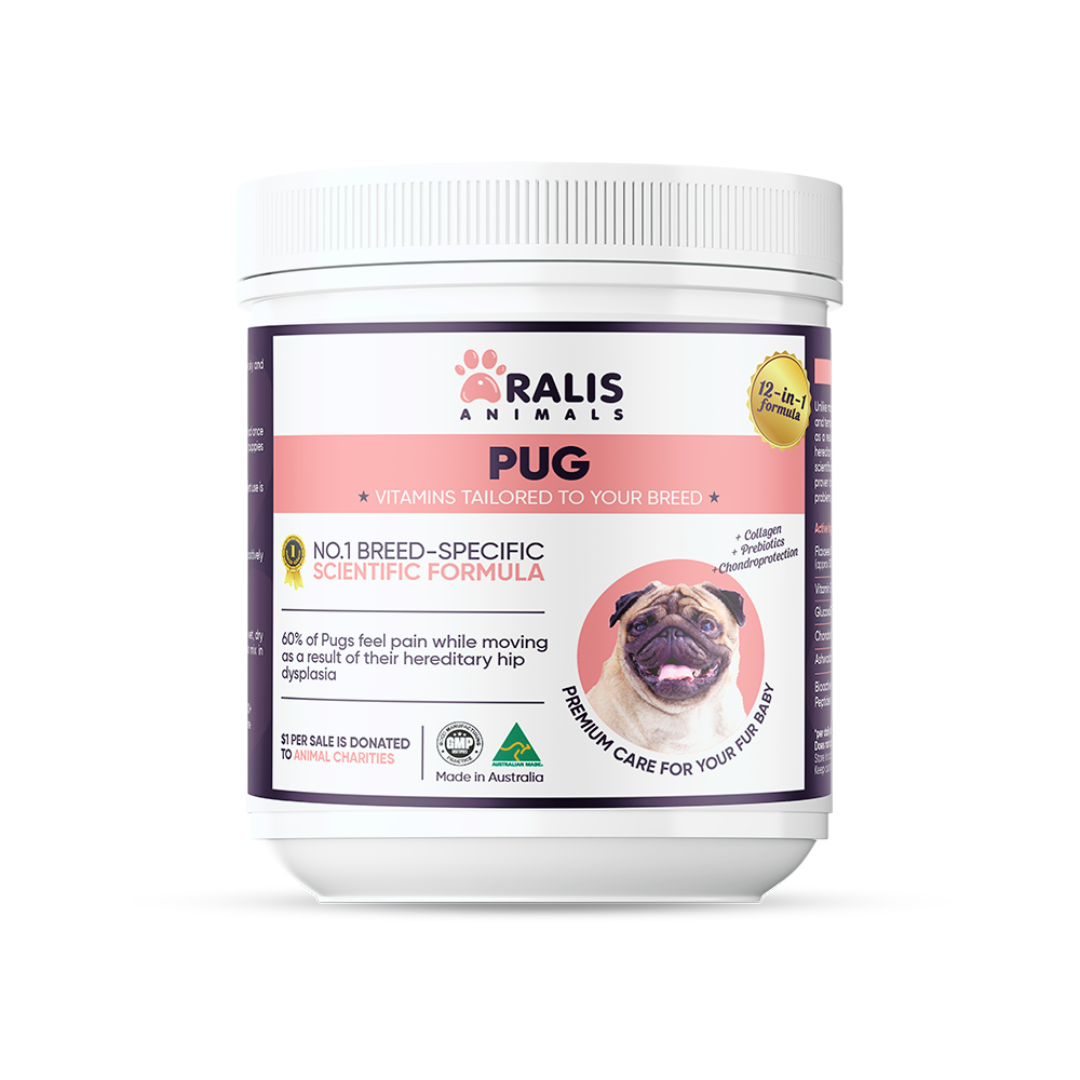Why Do Some Dogs Constantly Lick Their Paws?

As pet owners, we often find ourselves puzzled by the quirks and behaviors of our canine companions. One such behavior that can be both perplexing and concerning is the constant licking of paws. While a little paw-licking is normal, excessive or persistent behavior can be a sign of an underlying issue that requires our attention.
Understanding the Reasons Behind Paw Licking
There are several common reasons why dogs may engage in this behavior. Let's explore some of the most prevalent causes:
Allergies
Just like humans, dogs can suffer from environmental or food allergies that can cause skin irritation and discomfort. When a dog's paws come into contact with allergens, they may start licking and chewing in an attempt to find relief.
Injuries or Pain
If a dog has sustained an injury to their paw, such as a cut, burn, or foreign object, the resulting pain and discomfort can lead to excessive licking as a way to soothe the affected area.
Boredom or Anxiety
Some dogs may turn to paw licking as a self-soothing behavior when they are experiencing boredom or anxiety. This can be especially common in high-energy breeds or dogs that don't receive enough physical and mental stimulation.
Parasites
Certain parasites, such as mites or fleas, can take up residence on a dog's paws, causing irritation and prompting the dog to lick and chew in an effort to find relief.
Skin Conditions
Underlying skin conditions, like hot spots, yeast infections, or even dry, cracked paws, can also contribute to a dog's desire to lick their paws.
Identifying Excessive Paw Licking
It's important to distinguish between normal, occasional paw licking and a more problematic, persistent behavior. Normal paw licking is typically brief and done as part of a dog's grooming routine. However, if you notice your dog spending an excessive amount of time licking, chewing, or biting their paws, it may be a sign that something more serious is going on.
Some key indicators of excessive paw licking include:
- Frequent or constant licking, chewing, or biting of the paws
- Visible irritation, redness, or inflammation on the paws
- Licking or chewing that leads to hair loss or skin damage
- Limping or favoring one paw over the others
- Disruption of normal daily activities or sleep patterns
The Health Implications of Constant Paw Licking
Allowing your dog to continue licking their paws excessively can have serious consequences for their overall health and well-being. The constant licking can lead to skin irritation, hot spots, and even infections. In severe cases, the repeated trauma to the paws can cause further damage, such as cracked pads or even the development of sores and ulcers.
Beyond the physical impact, excessive paw licking can also take a toll on a dog's mental and emotional state. The discomfort and distress caused by the underlying issue can lead to increased anxiety, stress, and even behavioral problems.
Diagnosing the Underlying Cause
If you notice your dog engaging in persistent paw licking, it's important to schedule a veterinary appointment to determine the underlying cause. Your veterinarian will likely start with a thorough physical examination, looking for any signs of injury, infection, or skin conditions.
Depending on the suspected cause, your veterinarian may recommend additional diagnostic tests, such as:
- Allergy testing to identify environmental or food triggers
- Skin scrapings or biopsies to check for parasites or skin conditions
- Blood tests to rule out any underlying medical issues
By getting to the root of the problem, your veterinarian can develop a targeted treatment plan to address the specific needs of your canine companion.
Treating and Preventing Paw Licking
Once the underlying cause has been identified, your veterinarian will work with you to develop a comprehensive treatment plan. This may include:
Addressing Allergies
If allergies are the culprit, your veterinarian may recommend a combination of antihistamines, hypoallergenic diets, and environmental management strategies to minimize exposure to allergens. Supplements that provide immune support, assist gut health and skin health are also a great option. Check our range of Aralis Animals Vitamins here.
Treating Injuries or Infections
For paw injuries or infections, your veterinarian may prescribe topical or oral medications, as well as recommend protective measures, such as bandages or boots, to allow the affected area to heal.
Behavioral Modifications
For dogs whose paw licking is driven by boredom or anxiety, your veterinarian may suggest incorporating more physical and mental stimulation into their daily routine, as well as techniques to help manage stress and anxiety.
Parasite Control
In cases of parasitic infestations, your veterinarian will likely recommend appropriate treatments to eliminate the pests and provide relief for your dog.
Topical Treatments
Depending on the underlying condition, your veterinarian may prescribe topical creams, ointments, or sprays to soothe and protect your dog's paws.
In addition to these treatment approaches, there are also preventive measures you can take to help minimize the risk of your dog developing persistent paw licking issues:
- Regularly inspect and groom your dog's paws to check for any signs of irritation or injury
- Ensure your dog is getting adequate physical and mental stimulation to prevent boredom and anxiety
- Maintain a clean, allergen-free environment and consider using hypoallergenic products
- Provide a balanced, high-quality diet to support your dog's overall health and well-being
When to Seek Professional Help
If your dog's paw licking persists or worsens despite your efforts, it's important to seek the guidance of a veterinary professional. Persistent or severe paw licking can be a sign of a more serious underlying condition that requires prompt medical attention.
Your veterinarian can help you get to the bottom of the issue, provide appropriate treatment, and offer guidance on how to best support your dog's overall health and well-being. By working together, you can help your canine companion find relief and prevent any long-term complications.
In conclusion, understanding the reasons behind your dog's constant paw licking is the first step in addressing this common, yet concerning, behavior. By being proactive, seeking professional guidance, and implementing the right treatment and prevention strategies, you can help your furry friend live a happy, healthy, and itch-free life.





